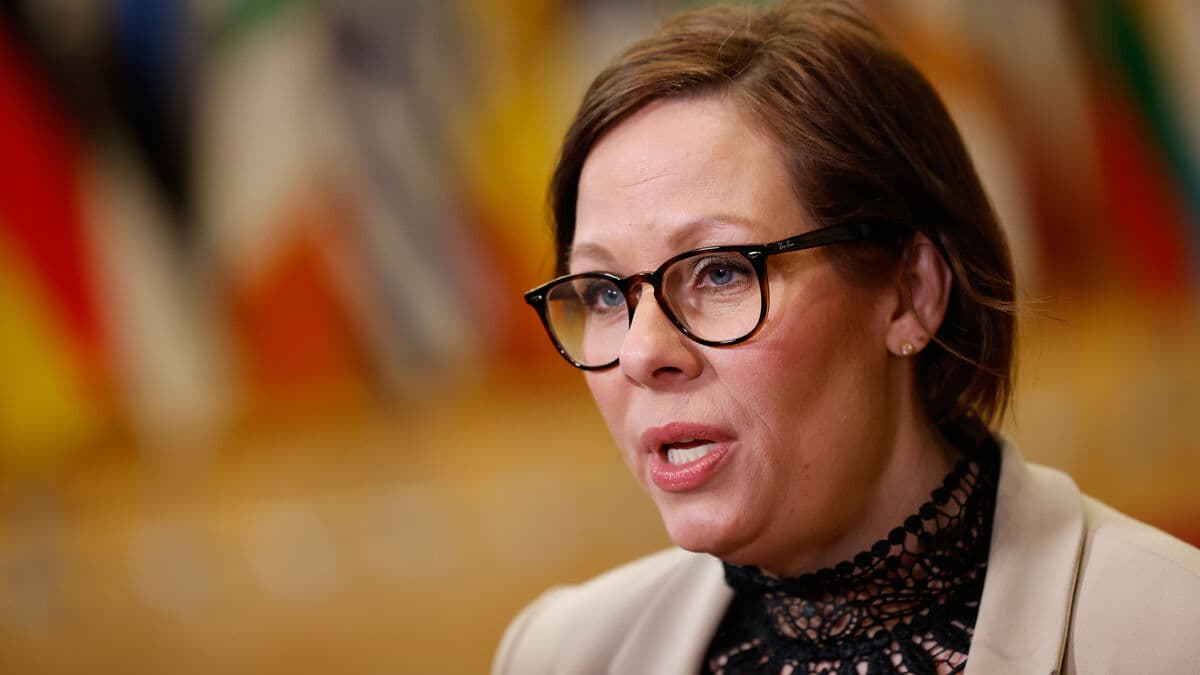33 percent of those who responded to the survey had had sex with a partner between one and five times in the past month. 28 percent had not had sex at all.
The trend of having less partner sex continues and it's still going down, says Pelle Ullholm.
What has been seen in other studies is that people say they are too tired and stressed.
Maybe it's not something you prioritize, other things have become more important without you even reflecting on it.
More Considerate
But also that relationships are more equal, which has made us more considerate of each other's needs.
You understand and assume that you are two people making decisions about when it's a good time to have sex.
According to the survey, half of Swedes are quite or very satisfied with their sex life, and there is also a slightly downward trend. More women than men are satisfied, while 28 percent of men are very or quite dissatisfied.
It may be that norms around masculinity describe sex as more important in life.
You have to remember that satisfaction is based on expectations, it doesn't reflect an objective truth about who has it best.
How Important
Pelle Ullholm thinks that many would benefit from downplaying sex instead of seeing it as a measure of how successful you are.
Sex can mean everything from a lot to nothing. Ask yourself how important it is for you?
He emphasizes that a conversation about sex and what you want also contributes to creating closeness in a relationship. Closeness tops the list when people have answered what function sex has in their lives.
Plan time for closeness without demands for specific exact actions. It can be sitting next to each other on the couch.
One in three says they have had sex with a partner between one and five times in the past month. 28 percent of those surveyed had not had sex at all.
54 percent of women say they are quite or very satisfied with their sex life, just like 48 percent of men. 28 percent of men are very or quite dissatisfied, just like 18 percent of women.
The data collection was conducted from February 21 to March 1, 2024, and collected 1,039 responses from the Swedish general public aged 18-60.
Source: RFSU






